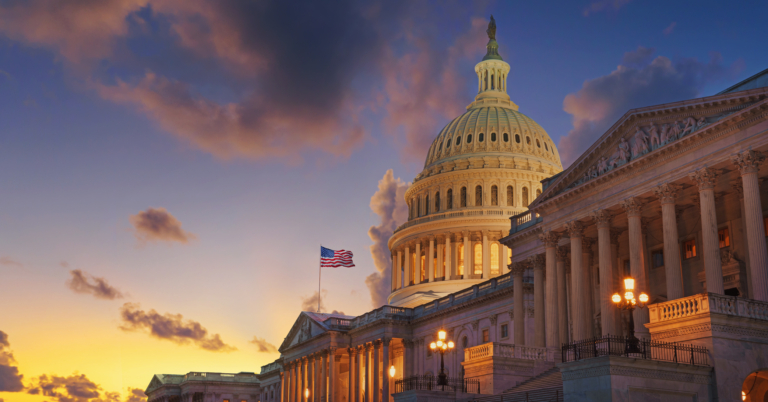
Senator Ron Johnson recently released a 30-page report making the case for spending restraint in the context of budget reconciliation, the One Big Beautiful Bill Act.
Mr. Johnson is correct, of course, that much federal spending is wasteful and excessive. Spending restraint is necessary to keep the federal debt from spiraling out of control while protecting the foundations of prosperity including “a simple and rational tax system based on common sense principles” (p. 20).
Many opportunities for savings
The federal government has an overspending problem, and Mr. Johnson is right to confront it. Still, Congress cannot solve it in one bill, even one that does much to advance freedom and prosperity. That’s why we’re working with Congress on post-reconciliation strategies to improve budget practices and help members advance savings and efficiencies.
Fortunately, Congress has many bites at the apple, as Office of Management and Budget Director Russ Vought has explained.
Fix the system to unlock more savings
But, as Mr. Johnson observed, “Congress has never had any process that has worked to control spending. Congress does not have a balanced budget requirement, the Appropriations Committees that were established to rein in the spending by authorizing committees did not work, and the Budget Act of 1974, Simpson-Bowles, and the Budget Control Act ended up not working either” (pp. 24-25). Yes, indeed: the entire process needs to be rethought.
Congress needs a functioning and responsible budget process. How else can it exercise its legislative powers to harmonize the great diversity of the American people’s passions and interests? Pent-up frustrations from generations of institutional failure are opening the door to long-overdue systemic upgrades.
The most important way to improve budget results is for Congress to do a comprehensive budget every year that involves all committees and includes all spending and revenue. Using a real budget is a best practice that every business must use to survive—and government auditors often require it! Countries and states that do likewise are better stewards of taxpayer dollars, and they provide services more efficiently and with more freedom from debt. A comprehensive annual budget would unleash members’ potential as problem-solving, coalition-building legislators by giving them a regular, expected, practical outlet to apply the conclusions of “a line-by-line and program-by-program forensic review of the federal budget” (p. 28) and vast amounts of other information.
Mr. Johnson is right to call for a balanced budget amendment to the Constitution. Nearly all advanced countries and most states have such a requirement. New approaches to BBAs improve substantially on the flawed annual-balance BBAs that Congress nearly approved in the early 1980s and in 1995, and these next-generation BBAs should attract substantially more support in Congress. With or without a BBA, thoughtful statutory budget targets and effective automatic enforcement can bolster better budgeting.
Conclusion: Finish reconciliation, do other savings, and embrace better budget practices
Congress must move forward and approve the reconciliation bill to keep taxes from going up on most American households, to protect prosperity, and to unleash energy abundance, reduce waste, fraud, and abuse, and secure the border. Members of Congress and the Trump Administration must also continue to push for savings directly and through systemic upgrades that help them do the tough but necessary work of managing the national government’s finances.
We are committed to helping Congress approve the One Big Beautiful Bill Act, rescissions requests, and other ways to get federal finances back on solid ground. Senator Johnson is right to call for getting spending under control. We hope his report helps his colleagues take on this challenge and elevate the structural solutions for Congress to create an effective regular order that supports responsible federal policymaking.
© 2026 AMERICANS FOR PROSPERITY. ALL RIGHTS RESERVED. | PRIVACY POLICY
Receive email alerts to learn how to get involved